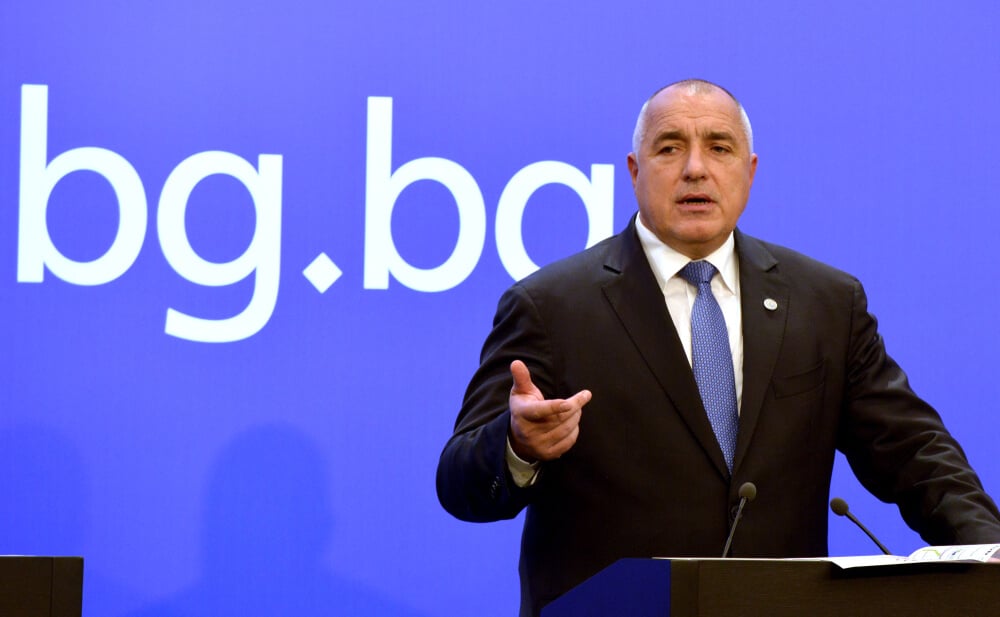Bulgaria has already broken records in its attempts to elect a functioning government, as even after the seventh attempt in just three years, there is little prospect of a stable parliamentary majority.
A slightly higher turnout of 38% in the elections held on October 27 than in the previous round last June, when only about 34% of Bulgarians voted, provides a small hope for Bulgaria's exit from the institutional vacuum.
However, the low participation of citizens in the democratic process remains a significant issue, providing little hope for one of the youngest democracies and the weakest economies of the EU to regain the credibility of the democratic order in the short term.
Furthermore, political actors' reputations suffer because they consistently demonstrate from election to election that they are incapable of making compromises to improve the functionality of the state.
“After this seventh round of elections held in three years, political leaders from all parties and coalitions should consider the reality of the disengagement of the Bulgarian people and tackle it,” concluded the mission of the Parliamentary Assembly of the Council of Europe, which observed the course of the elections in Bulgaria.
The minority decides
The elections for the European Parliament held last June did not help Bulgaria's political apathy either, because only a third of the voters (about 34%) voted. The last time more than 50% of Bulgarians went to the polls was in 2016, in the presidential elections, when about 51% of voters voted.
Since then, a minority of the electorate has elected the president of the state, members of the national parliament, and members of the European Parliament.
Given that even the elections on October 27 did not change the stalemate in the relations of forces among the main political actors, there are high chances that Bulgaria will seek a way out of the institutional impasse in another election.
Borissov announced that he will attempt to form a government with the pro-European, liberal coalition
“My prediction is that once again it will not be possible to form a regular government, and in March 2025 there will be new and regular early elections in Bulgaria,” said Simeon Slavchev, a Bulgarian legal expert.
The GERB party of long-time pro-European Prime Minister Boyko Borissov once again won the most votes, 27%, but it will be difficult to form a coalition and a government.
Borissov announced that he will attempt to form a government with the pro-European, liberal We Continue the Change-Democratic Bulgaria (PP-DB) coalition, which received roughly 14% of the vote, but more partners will be required for a majority in the 240-member parliament.
Pro-Russian options remain a respectable force
The attitude towards the media tycoon Delyan Peevski's party will significantly influence the formation of the majority. Delyan Peevski has been under US and UK sanctions for corruption since 2021. The focus will be on how ex-PM Borissov positions himself towards the controversial tycoon Peevski, specifically whether he will truly honour his promise not to form a partnership with him.
Regardless of the outcome of the forthcoming negotiations on the formation of a majority coalition, which are expected to be very difficult and burdened with political vanity, Bulgaria cannot expect to enter stable political waters anytime soon.
The advocates of Bulgaria's shift towards its former patron, Russia, will remain a respectable political force
This will make it vulnerable to external influences, primarily Russian, which is still strong in the country. The elections on October 27 confirmed this, as the pro-Russian Revival party secured the third position with 12.5% of the vote, and several other pro-Russian options made their way into the parliament.
Although they cannot decide on the majority, which the pro-European forces still have, the advocates of Bulgaria's shift towards its former patron, Russia, will remain a respectable political force, which will have an influence on political processes.
Problems in relations with the EU
Months of institutional limbo, which threaten Bulgaria again, mean the continuation of weak cooperation with EU institutions. The institutional vacuum will also affect Bulgaria's efforts to introduce the euro, given that it passed a law last August.
Furthermore, the complete integration of Bulgaria into the Schengen area remains uncertain, as it has not yet fully embraced the shared European visa-free zone due to the absence of this regime on its land borders.
 People want a government, they want security and stability - Boyko Borissov
People want a government, they want security and stability - Boyko Borissov
The damage that Bulgaria suffers due to a dysfunctional government has long gone beyond the individual political interests of actors who persistently fail to reach a compromise on the formation of a parliamentary majority.
Bulgarian voters clearly recognise this disparity and "punish" it with a relatively low turnout over the last almost ten election cycles.
“People want a government, they want security and stability,” Boyko Borissov, the country's long-time most influential political figure, said on election day last week.
His statement is accurate, but it also serves as a warning to himself and other political leaders that citizens are losing patience with ineffective political agreements.